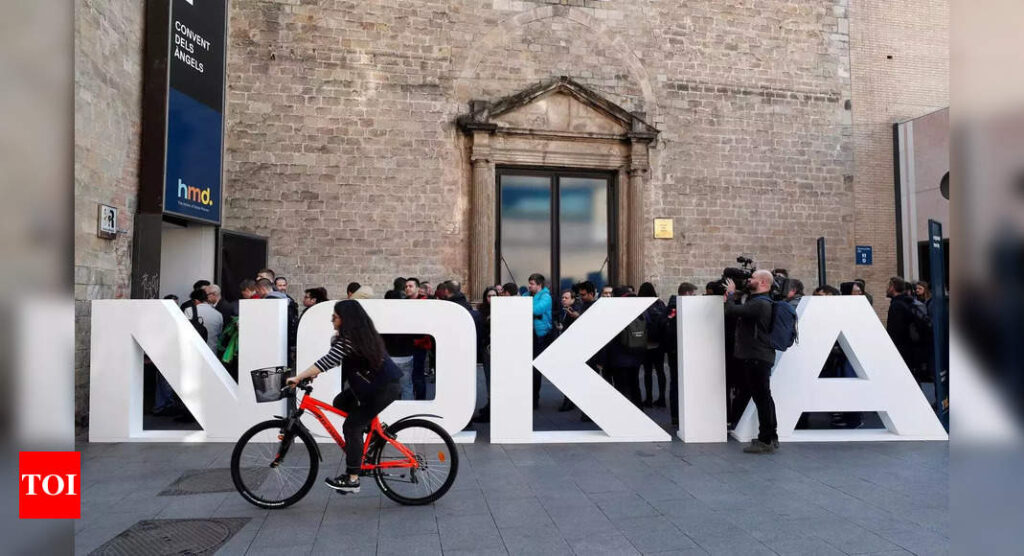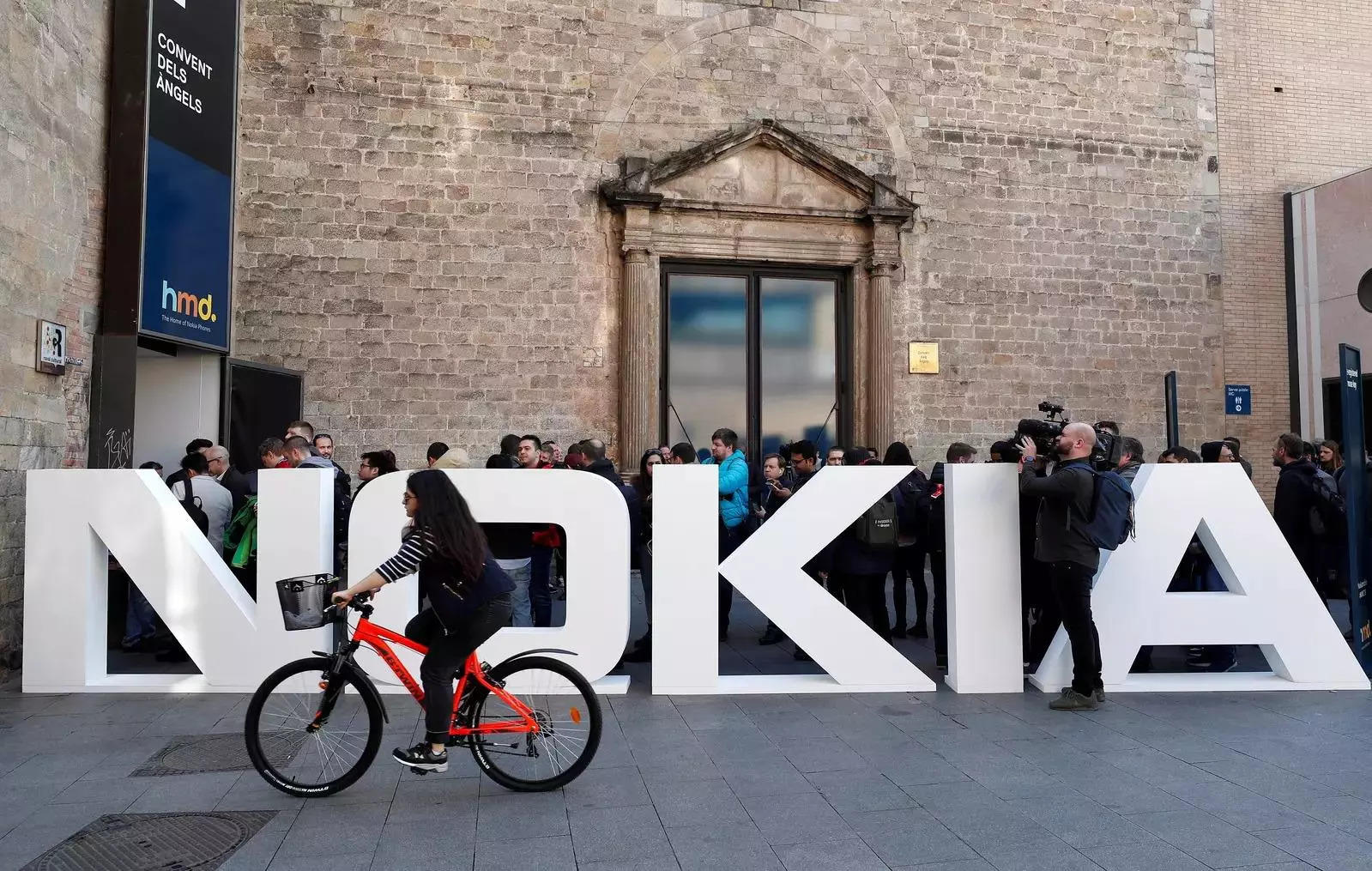[ad_1]
“Once again, we encourage Oppo to play by the rules, and like its competitors, agree a license on fair and reasonable terms, rather than continue to operate without one,” the statement added.
Oppo had secured a licence from Nokia in 2018 for using some of the Finnish company’s technology for three years. Nokia alleged that after the expiry of the pact, Oppo sold around 77 million devices in India without paying a single rupee in royalty, according to reports.
Oppo’s side of story
On its part, Oppo Guangdong, along with Oppo Mobile Telecommunications, Oppo Mobiles India, Realme Mobile Telecommunications (India), and OnePlus Technology and others had earlier appealed to the Supreme Court that the HC judgement altered the level playing field. They claimed that it caused further hardship to them, as it overlooked the fact that Nokia’s interest was secured by its bank guarantees.
The company alleged “undue advantage” to Nokia adding that the obligation imposed on Oppo to additionally secure Nokia in India, over and above the BGs submitted in furtherance to a global counteroffer is unfair.
In August 2022, Oppo had to halt sales in Germany after Nokia won an injunction in a lawsuit filed for similar reasons. The telecom company has also sued Oppo in other European countries including France, the Netherlands, and the UK.
[ad_2]
Source link











More Stories
Google Maps: Three privacy features coming to Google Maps on Android, iPhones
Most-Downloaded IPhone App: This Chinese app was the most-downloaded iPhone app in the US in 2023
Ukraine’s largest mobile operator goes offline for millions of users after cyber attack